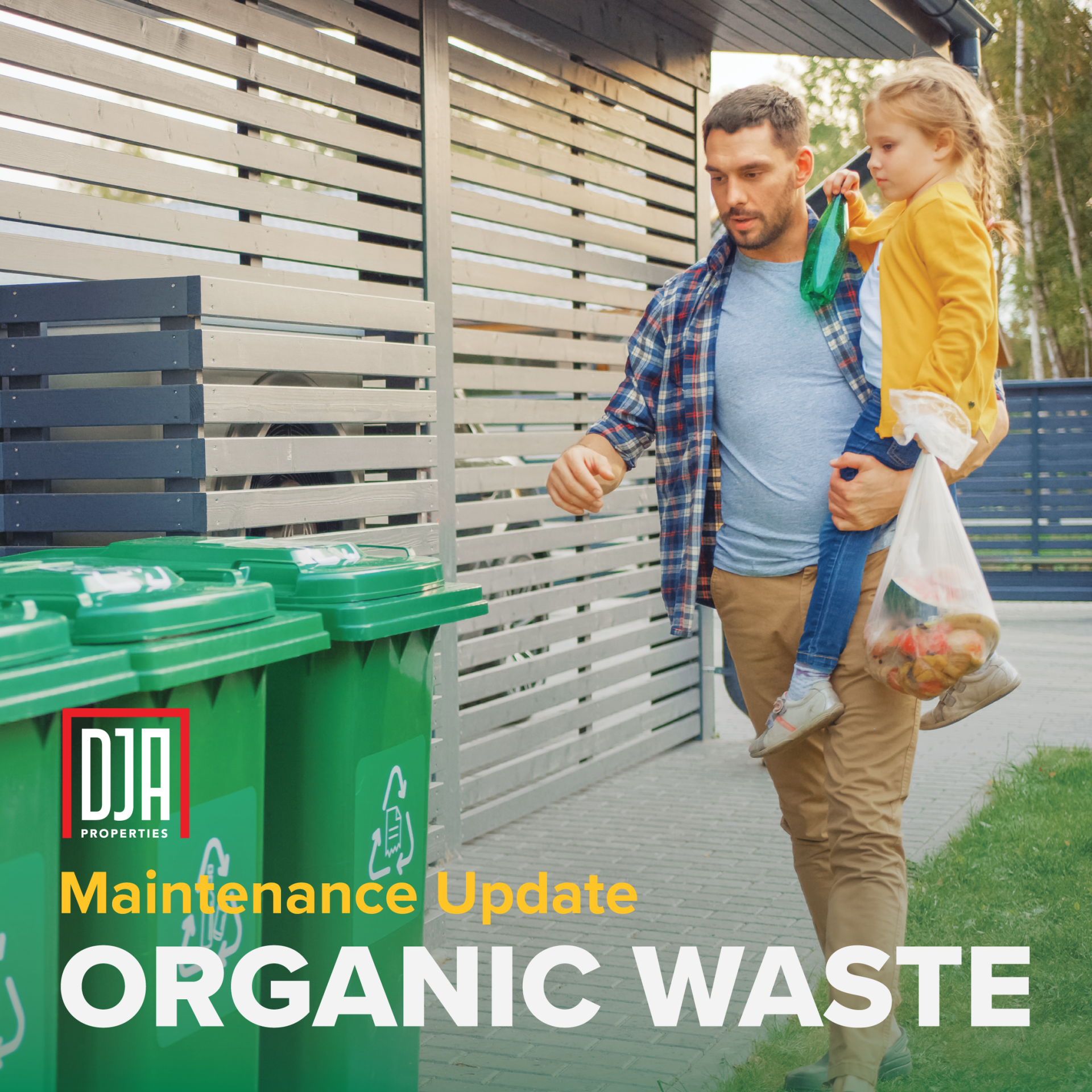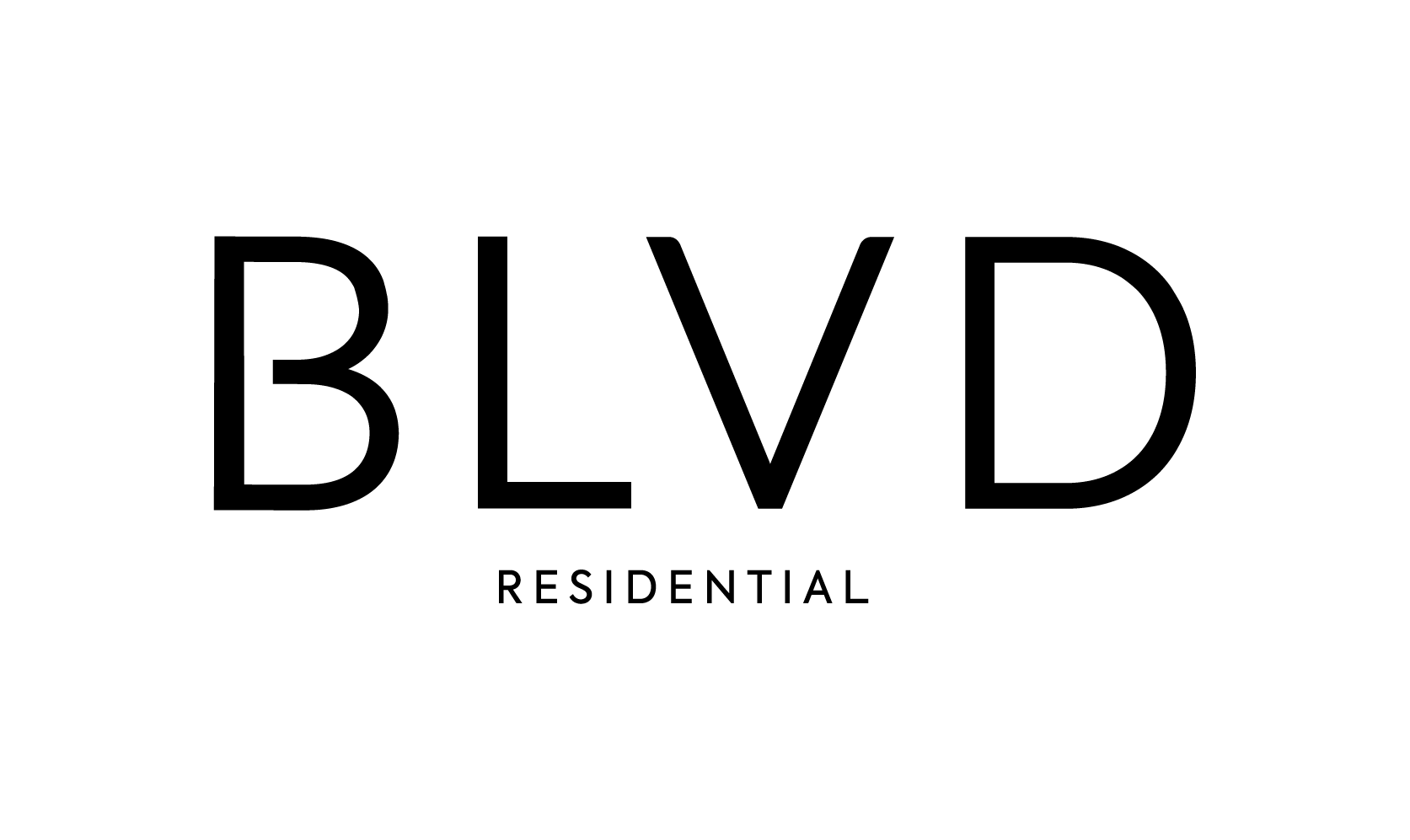
California SB 1383 took effect on January 1, 2022. This legislation requires all multifamily communities in California to subscribe to organic waste collection services. DJA has subscribed to this service for all communities and is beginning the process of notifying and educating our residents, which we expect will conclude in April 2022. Over the coming months, we will be closely monitoring our collection to ensure that we are providing adequate receptacles for all of our residents. If you'd like to learn more about SB 1383, you can find lots of information on the benefits of this program for our planet on the CalRecycle's website . Additionally, you can find the information for residents provided by our waste management servicers at the links below! If you have any questions regarding how this new legislation affects your property, please reach out to your any member of your property supervisory team. Resident Resources: Recycling, Food Waste, and Trash Infographic Food Waste FAQs

After 18 long months, the eviction moratorium expired on September 30, 2021. As of October 1, we are allowed to take legal action to collect rent which came due between March 1, 2020 and September 30, 2021. This process may lead to eviction (or “Unlawful Detainer Action”) for residents who do not qualify for rental assistance and who fail to work with us to create a payment plan. We will also begin using small claims court to collect unpaid rent in order to avoid eviction when possible. Before either of these steps can be undertaken, however, there are a few new stipulations we must consider if the resident's ability to pay was impacted by COVID. First, property owners must prove they have applied for rental assistance before filing for an eviction based on non-payment. In order to collect past due rent, it is no longer optional to participate in these programs. However, from the day that rental assistance programs began accepting applications, DJA’s Community Managers have diligently worked with residents who owe a balance to apply for assistance. We have received a significant number of payments to date, with additional approved funds expected as local programs continue to process applications. The programs currently cover 100% of delinquent rent from April 1, 2020 through June 30, 2021, and we were recently advised that monies will soon be available in most localities to cover past-due rent through September 30, 2021 and beyond. Applications will continue to be reviewed as long as assistance funds remain. Be assured that DJA will continue to actively pursue available funds for all residents with COVID-related delinquency for the benefit of the residents and our property owners. The second new stipulation related to eviction is that we are not permitted to ask for late fees or sell debt to a collection agency from the eviction moratorium period for residents with COVID-related delinquency. This was not unexpected as even before the pandemic, the courts would frequently waive these fees based on the total balance owed. Finally, all remaining unpaid rent converts to consumer debt and is collectible in small claims court beginning on November 1, 2021, as long as rental assistance has been sought. Small claims court rules have also been adjusted to allow for claims larger than $10,000 and remove limits on the number of suits an entity is allowed to file related to nonpayment of rent. These cases are allowed to be filed until 2025. We are working with our attorneys to ensure we are well-informed as we proceed in these unprecedented circumstances. Although we will act expeditiously, this process will likely experience delays. Your Portfolio Managers will keep you apprised of the status of all legal actions on your property as well as the estimated legal fees to pursue evictions or small claims. There is also great news as we move forward: residents who move in on or after October 1, 2021 are not subject to COVID-related protections. With new residents, we will finally be back to business as usual! For more information, check out the following resources: Legal Summary General Information for Owners and Renters

We saw strong rent growth in all regions (10%+) except the Bay Area in 2021 and we expect that growth will continue at a more moderate pace in all regions in 2022. Rent control in California will continue to limit how much we can raise rents on existing residents. Currently, the limit is near 9% in most localities and is reset each spring. However, we expect rent increases on existing residents, increased mobility of the general population, and the elimination of COVID related restrictions on evictions to drive slightly higher turnover and therefore enable us to get more units to market rent even under rent control. There will be a partial offset to the increased rents from higher costs for both labor and materials which have also increased, though at a rate slightly lower than the increase in rents. This should allow for increased NOI for most properties. Now is a good time to invest some of that increase in higher quality turns and deferred maintenance to make sure properties remain valuable to the market should a future downturn arrive, or the property is sold. For California properties, now is the time to plan for SB721 and begin the process of identifying and repairing compromised balconies (read a summary of this law here ). While the final deadline is a few years off, we expect the costs will increase significantly for owners that wait until the last minute. There is a lot of latitude in how local officials can enforce the measure and we think that establishing a good relationship early will go a long way towards providing the needed flexibility to keep costs reasonable.









